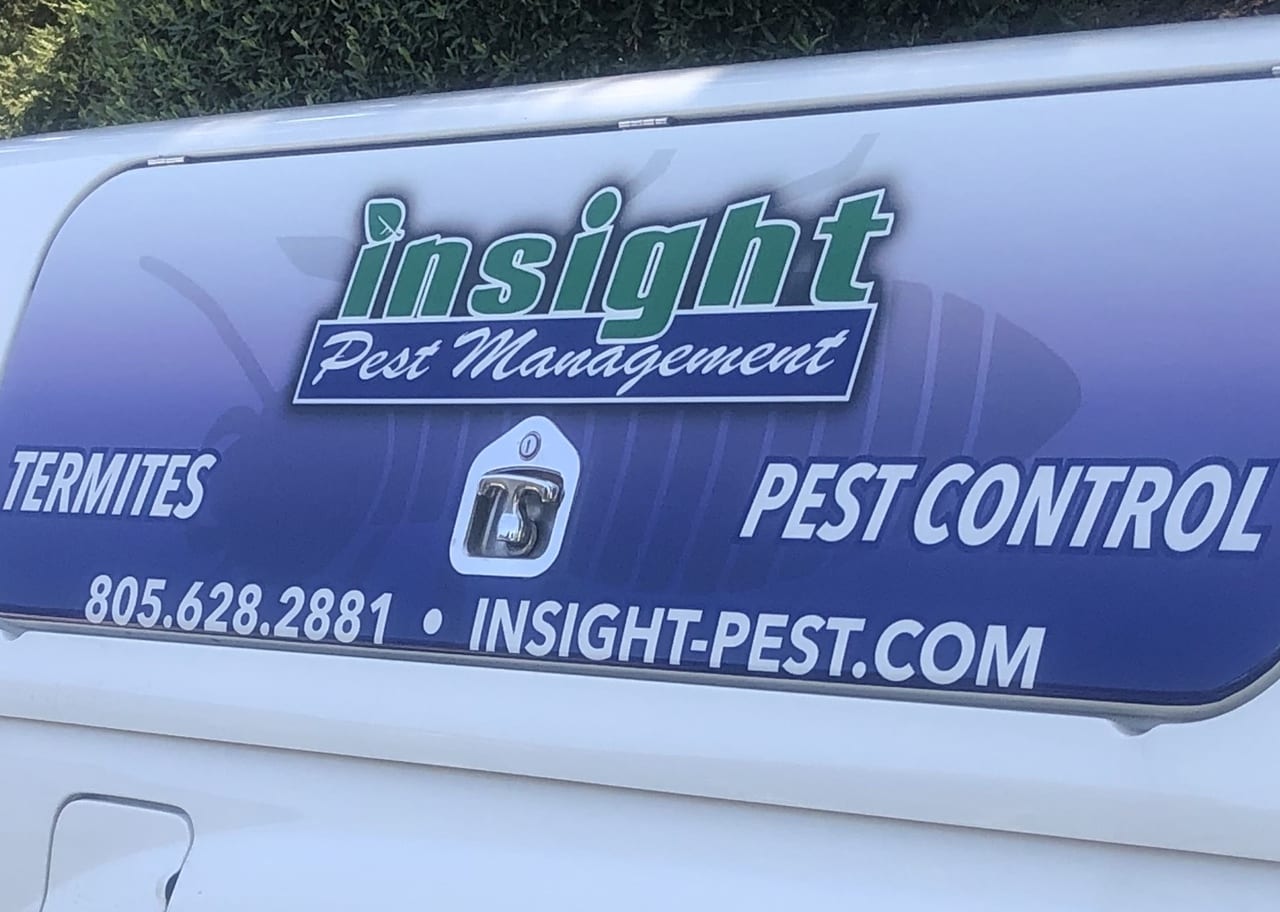When most people think of allergy and asthma triggers, they likely think of pollen, dust and animal dander. Insight Pest Management however, warns that cockroaches can also pose a threat to those that suffer from allergies and asthma. The saliva, droppings and decomposing bodies of cockroaches contain proteins known to trigger allergies and increase the severity of asthma symptoms.
Children are especially at risk for suffering allergic and asthmatic reactions to cockroach infestations. The National Institute of Environmental Health Sciences reports that one in five children in the U.S. have severe sensitivities to cockroach allergens. Cockroaches spread 33 kinds of bacteria including E. coli and salmonella, six parasitic worms and more than seven other types of human pathogens.
The threat for accumulated cockroach allergens is elevated in the winter because not only is there a greater chance for cockroaches to invade homes in search of warmth, but families are also spending more time indoors and increasing their exposure to these indoor allergens. Insight Pest Management encourages homeowners to take proactive steps to prevent cockroach infestations this winter to help keep their families healthy and safe.
To help prevent infestations, we recommend that homeowners seal cracks around the outside of their home, vacuum frequently and keep counters and floors clean and free of crumbs that can attract the pests. Extra attention should be paid to kitchens and bathrooms – especially under appliances and sinks – as these areas are particularly vulnerable to cockroach infestations due to the presence of food products and moisture in plumbing fixtures.
If you suspect you have an infestation, contact a licensed pest control professional who will be able to recommend a course of treatment. To learn more about cockroaches and the health threats they pose, please visit www.insight-pest.com


